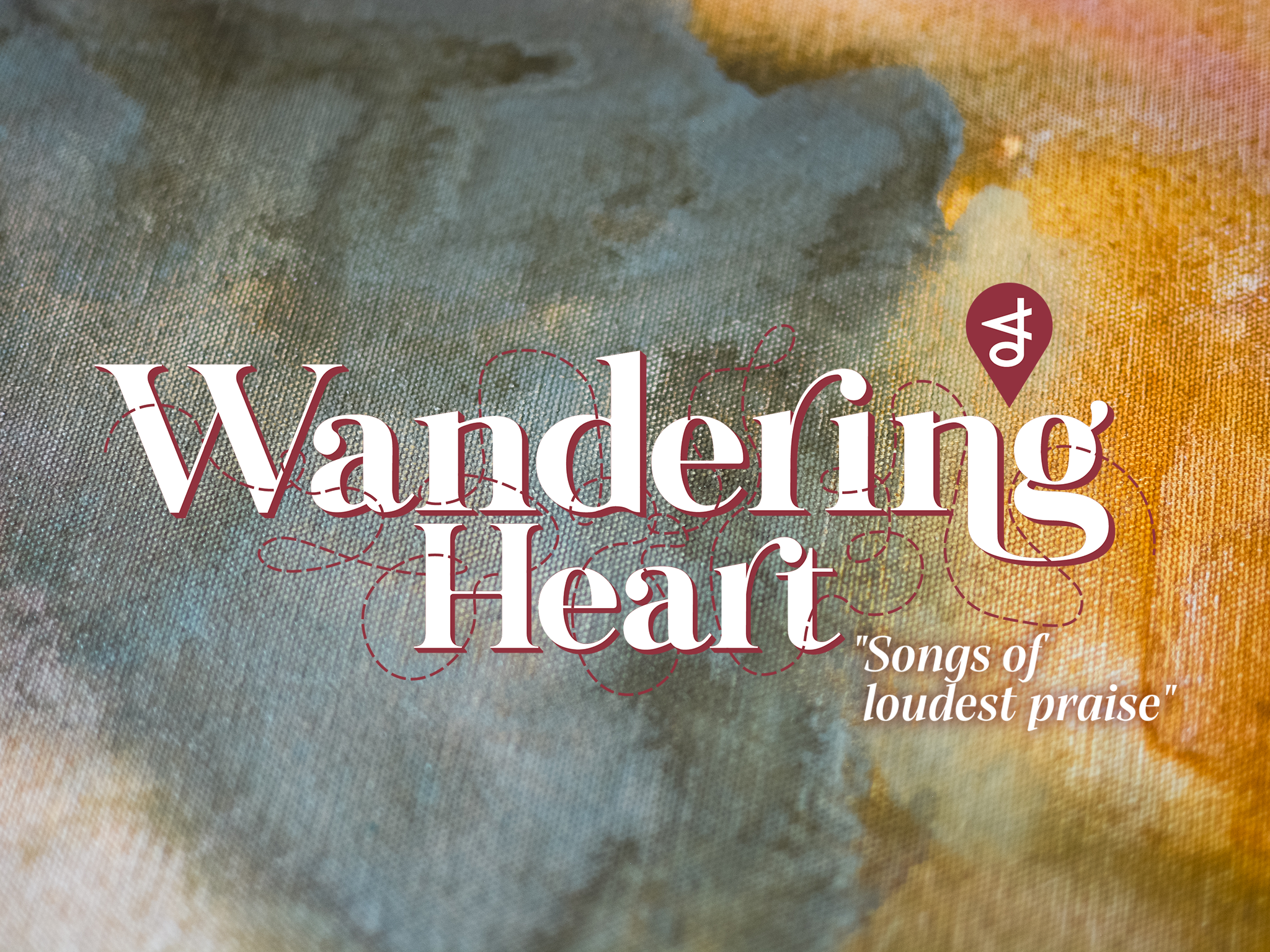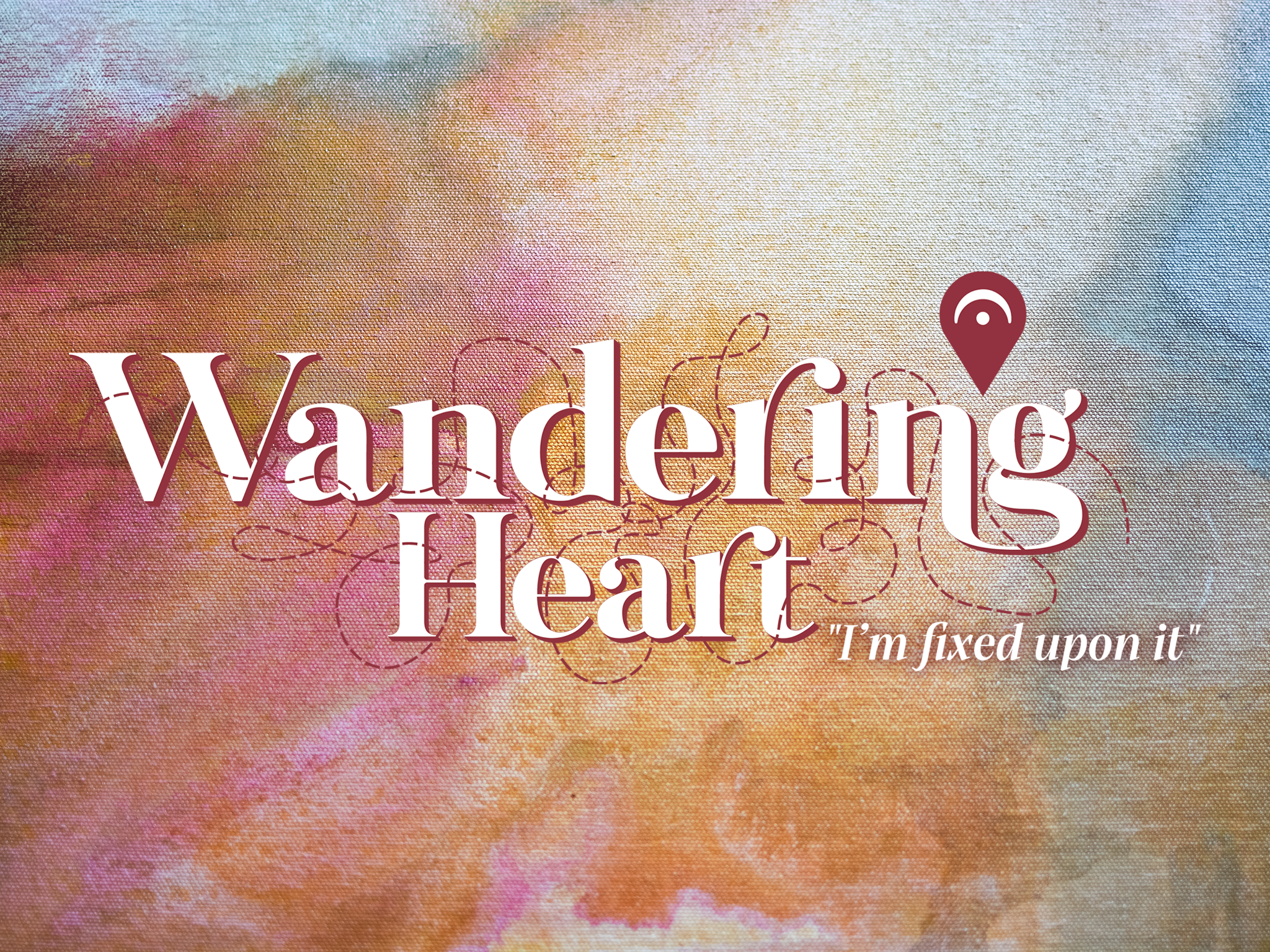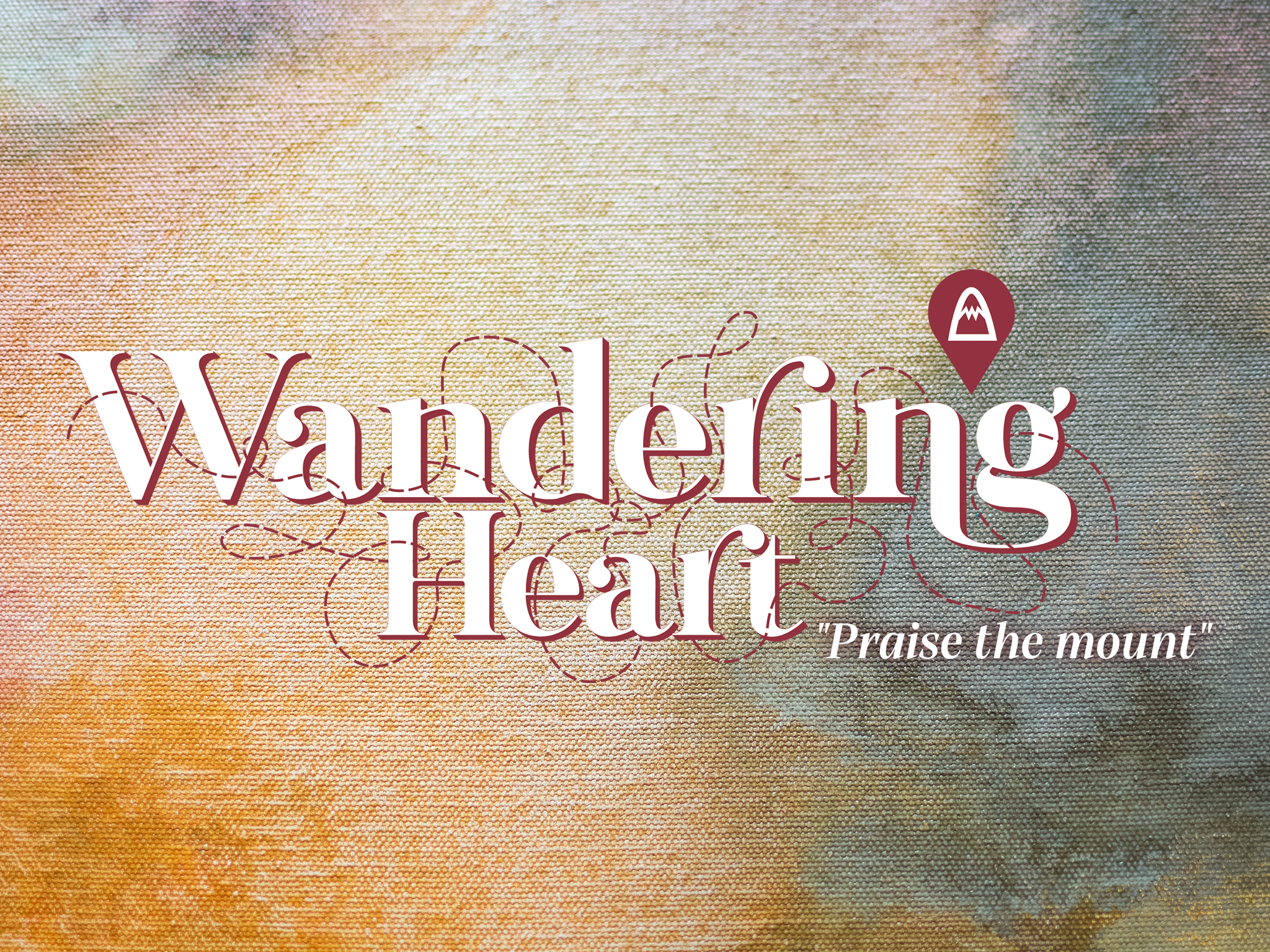Part Three of a reflection series for Christ Church Uniting, 10 September 2023
with Romans 12:9–13; 13:8–10
A statement of hope
With Romans 12:9–21
May our love be genuine,
releasing hatred and fear and evil,
steadfast and true to all that is good.May our love be mutual, affectionate;
may we honour one another, respect
one another, ardent in the Spirit of God.May our love be honest,
rejoicing in hope, enduring suffering,
persevering in prayer always.May our love be generous:
may we give, may we share,
may we welcome strangers and friends.May our love be courageous,
resisting revenge, offering blessing,
rejoicing, weeping, seeking harmony.May our love be humble;
may we stand beside the lowly,
take the lowest seat for ourselves.May our love be forgiving;
may we feed our enemies,
give them drink to quench their thirst.May our love be genuine,
empty of hate and fear and evil,
overflowing all that is holy and good.Amen.
Sarah Agnew, Pray the Story
Remembering / Re-membering who we are
So why am I spending three weeks telling us what you already know – who we say we are? Can’t we assume we all know that – it’s on the door, we’re a Uniting Church, we’re a Christian congregation – that’s who we are, let’s crack on with doing it. Right? Well. Identity and belonging are funny things – fluid and dynamic and susceptible to change. So, from time to time, it’s helpful take pause and remind ourselves, to remember our story – to re-member (with a hyphen, put back together) who we are.
We’re in a new season at Christ Church, with this new placement, and new seasons are like beginning again, or anew, or afresh or something, aren’t they? And that makes the start of a new season an opportune moment for telling our story again. In a community such as a congregation, people join and people leave, and that changes us. It can help both newer and longer term members to hear us speak the story of who we are again, in order to collect us all into this shared story – so we can share it.
The induction service is part of the way the Uniting Church helps congregations to take pause in these moments, re-commit to one another as we commit to this new relationship between minister and congregation. We made a new beginning, and we made promises – you and me, and you to God and each other:
The people of the congregation were asked:
Will you take part in the public worship of God,
contribute to the work of God as you are able;
will you endeavour to make a Christian witness
in the community by word and action?
and you said
We will, the Lord being our helper.
You said – we will remember who it is that we say we are, and we will live that identity faithfully.
There’s so much to unpack in what it is to worship God, participate in God’s renewing love and work in the world, to be Christian and seen to be Christian – that three weeks is hardly enough in itself.
In truth, we’re unpacking what that means in every proclamation of the Word of God in our gathered community; in conversations; in study groups; in discerning what it means in action in our meetings and events. Every. Day.
Reflecting on the Letter to Rome we receive as our spiritual inheritance, we are in a particular and intentional way these three weeks naming our remembering of identity and belonging as One Body, of mutual embrace, embodying love.
As we do so, we’re acknowledging with honesty that there’s the fun stuff, the caring for each other, the marching in rallies for justice and empowerment of the marginalised, the gathering together with our gifts in worship and service. And. There’s the hard stuff. And this week’s portion of the letter and words from Jesus are the hard stuff of diverse members forming one body; of mutual embrace requiring risk in order to hold one another safe; in short, the hard stuff of embodied love.
Love reminds, re-members, us
I heard a story (told by Michelle van Loon in Becoming Sage) this week of a pastor in a large, growing church in New York City, whose wife told him she did not want to go to his church anymore. I cannot worship with you, she said. The stress of, and the intensity of, his dedication to leading the church may have grown that church in numbers, but he was in danger of undoing all the good work brought about his charisma, strategy, leadership through unkindness and harmful presence in relationships at home and in the church.
It was love that empowered his wife to speak the truth, a hard truth, that this pastor needed to hear. That is what Jesus encourages – when the behaviour, or the presence, of one in your family is causing harm, speak. Speak with kindness. But speak with honesty.
It can be dangerous to pull back from the truth for fear of not being nice to one who themselves is perhaps not behaving very nicely. It can be dangerous to smooth over harmful behaviour with a ‘that’s just how they are’ – for that is how harm escalates. It can be dangerous to give into the fear of losing someone from the flock who is valued, loved, or a familiar part of the furniture, rather than ask them to take responsibility for behaviour causing harm to another valued, loved, member of the community.
The truth is that harm by and to one member causes harm to the whole. So we need to take responsibility for it together, seek to transform harm into healing, so the whole body and its members can be healthy. To ignore, brush away, or dismiss harm is not being nice to the one experiencing hurt, and is not even being nice – more importantly, is not being kind or loving – to the one causing harm.
What might have happened, if a pastor whose relationships at home were fractious did not receive an invitation to move back into healthy behaviours? He loses integrity between the word he proclaims and the actions of his living. What might have happened if his fractious presence within the congregation was left to continue unchallenged? People leave, and do not leave well, or they stay and respond in kind, and the community disintegrates.
Embodying Love when we gather
We have in the story of our spiritual inheritance the basis for an ethic of love and kindness – not a mandate for ‘nice’. We have in the documents of the Uniting Church statements of behaviour that we agree are how we will enact who we say we are – how we will embody love. The Code of Conduct for Lay Leaders; the Code of Ethics for Ministers, Deacons, and Pastors; the Manual for Meetings; guidelines for Church Councils and our Constitution and Regulations.
We embody love even in the way we gather for worship, if you think about it.
Love in gathering, calling us into awareness and attention on God, our source of Love and life
Love that apologises with honesty and respect for the hurt we have caused God and others
Love from God in grace, again and again
Love in receiving, humbly and gratefully, forgiveness and restoration into life and loving relationship
love proclaimed through the Sacred Story handed on through generations by love and with love for God and each other
love poured out in Sacraments of belonging and re-membering
love in our enacted prayers for each other and the world
love that sends us into that world, drenched in love from our immersion in it through this gathering, sent so as to share that love with and for the sake of the world, of life, of love
On the basis of Love
All the documents I mentioned, our worshipping practice, and our whole life as a movement, are informed by the Basis of Union.
Which says, in paragraph 3: God in Christ has given to all people in the Church the Holy Spirit as a pledge and foretaste of that coming reconciliation and renewal which is the end in view for the whole creation. The Church’s call is to serve that end: to be a fellowship of reconciliation, a body within which the diverse gifts of its members are used for the
building up of the whole, an instrument through which Christ may work and bear witness to himself.
In paragraph 15
The Congregation is the embodiment in one place of the One Holy Catholic
and Apostolic Church, worshipping, witnessing and serving as a fellowship of the Spirit in Christ. Its members meet regularly to hear God’s Word, to celebrate the sacraments, to build one another up in love, to share in the wider responsibilities of the Church, and to serve the world.
The … council within a congregation… consists of the minister and those who are called to share with the minister in oversight. It is responsible for building up the congregation in faith and love, sustaining its members in hope, and leading them into a fuller participation in Christ’s mission in the world.
The presbytery will in particular exercise oversight over the congregations within its bounds, encouraging them to strengthen one another’s faith, to bear one another’s burdens, and exhorting them to fulfil their high calling in Christ Jesus. (to enact mutual embrace)
And in paragraph 16 – The Uniting Church sees in pastoral care exercised personally on behalf of the Church an expression of the fact that God always deals personally with people, would have God’s loving care known among people, and would have individual members take upon themselves the form of a servant.
One Body, Mutually Embracing, Embodying Love
It is the expectation of the Uniting Church that we will follow the ethic of love, attested to from the Biblical through historical to current witnesses and documents that support that ethic in the dynamics of identity and belonging to this Body.
Who we say we are is in everything we faithfully do as a community of God – flowing from the central act of our community, our gathered worship of God.
One body, the body of Christ, strong in the diversity of its members, diversity that nurtures thriving, healthy life for all, for each.
Mutually embracing, holding each other safe, risking, giving, opening to each other because we cannot be whole, healthy, fully human without each other
Love embodied – in joyful sharing and caring and in diligent accountability to, in, with love in the frailness of our human being.
This is who we say we are. May it be true.
Learn more about Christ Church Uniting, Wayville.




Leave A Comment